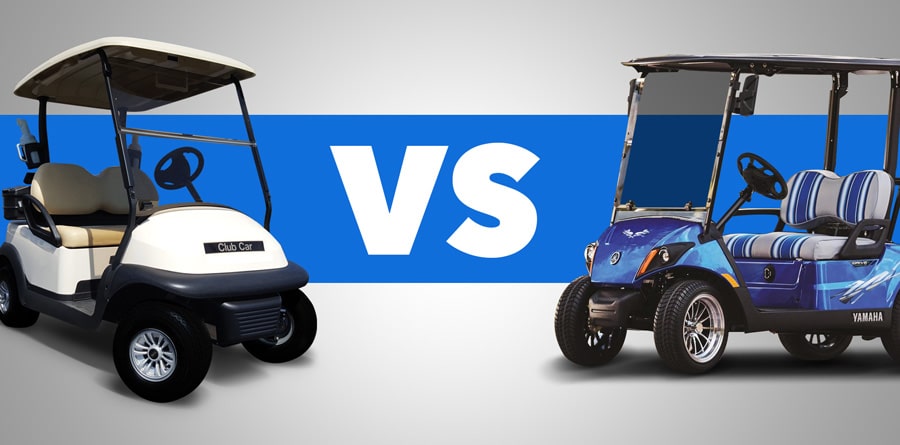
Club Car vs Yamaha: Which Golf Cart Brand Is Better
Choosing between a golf cart from Club Car or Yamaha? This guide compares the two top brands in terms of frame materials, durability, cost, and manufacturer origins.
Overview: Club Car and Yamaha Golf Carts
Club Car and Yamaha are two of the most recognized names in the electric vehicle industry. Both offer reliable, well-built golf carts that serve private users, golf courses, resorts, and communities worldwide. However, there are significant differences in how each brand builds its carts, particularly regarding frame materials, performance features, and long-term durability.
Main Difference: Frame Construction
One of the biggest differences between Club Car and Yamaha golf carts lies in their frame design:
- Club Car: Uses an all-aluminum frame known as AlumiCore™, which is lightweight, strong, and resistant to rust. This material is ideal for humid or coastal areas where steel frames may corrode over time.
- Yamaha: Builds its golf carts using a steel frame, which offers excellent rigidity but may be prone to rust if not properly maintained. However, steel frames tend to be more impact-resistant under heavy usage or off-road conditions.
For buyers in wet or salty environments, Club Car’s aluminum frame gives it a clear longevity advantage.
Who Manufactures Yamaha Golf Carts?
Yamaha golf carts are manufactured by Yamaha Motor Corporation, a Japanese multinational known for motorcycles, boats, and recreational vehicles. Their golf cart division began producing vehicles in the 1970s and has since expanded to offer both gas and electric models that are renowned for smooth rides and quality engines. Yamaha carts are produced in facilities located in both Japan and the United States, ensuring global reach with localized support.
Why Are Club Car Golf Carts More Expensive?
Club Car models tend to be priced higher than Yamaha for several reasons:
- Premium Materials: The rustproof aluminum frame and durable composite body panels increase manufacturing costs but offer superior longevity.
- Brand Prestige: Club Car is often perceived as a luxury option within the golf cart market, appealing to premium resorts and high-end communities.
- Customization: Club Car carts offer extensive aftermarket options for seating, dashboards, lights, and performance upgrades, which adds to their perceived value.
- Electric System Design: Their newer models come with advanced 48V electrical systems and lithium battery compatibility for better energy efficiency and lower long-term maintenance costs.
How Long Does a Club Car Golf Cart Last?
Club Car carts are known for their durability and longevity. With proper maintenance, a Club Car golf cart can last 15 to 20 years or more. This includes periodic servicing of the electrical system, brakes, tires, and batteries. The aluminum frame helps prevent structural degradation over time, making Club Car a strong choice for buyers seeking a long-term investment.
Club Car vs. Yamaha: Which Should You Choose?
Here’s a brief comparison to help you decide:
| Feature | Club Car | Yamaha |
|---|---|---|
| Frame Material | Rustproof Aluminum | Steel |
| Engine Options | Electric and Gas | Electric and Gas |
| Durability | 15–20+ Years | 10–15 Years |
| Ride Quality | Comfort-Oriented | Sportier Feel |
| Cost | Higher | Moderate |
Conclusion
Both Club Car and Yamaha offer high-quality golf cart models that meet the needs of various users. If rust resistance, long-term durability, and premium materials are your priority, Club Car is a superior choice. If you're looking for a reliable cart with sporty performance and a slightly lower price point, Yamaha delivers excellent value. For either brand, make sure to consider local climate, intended usage, and long-term maintenance when choosing your ideal electric vehicle.
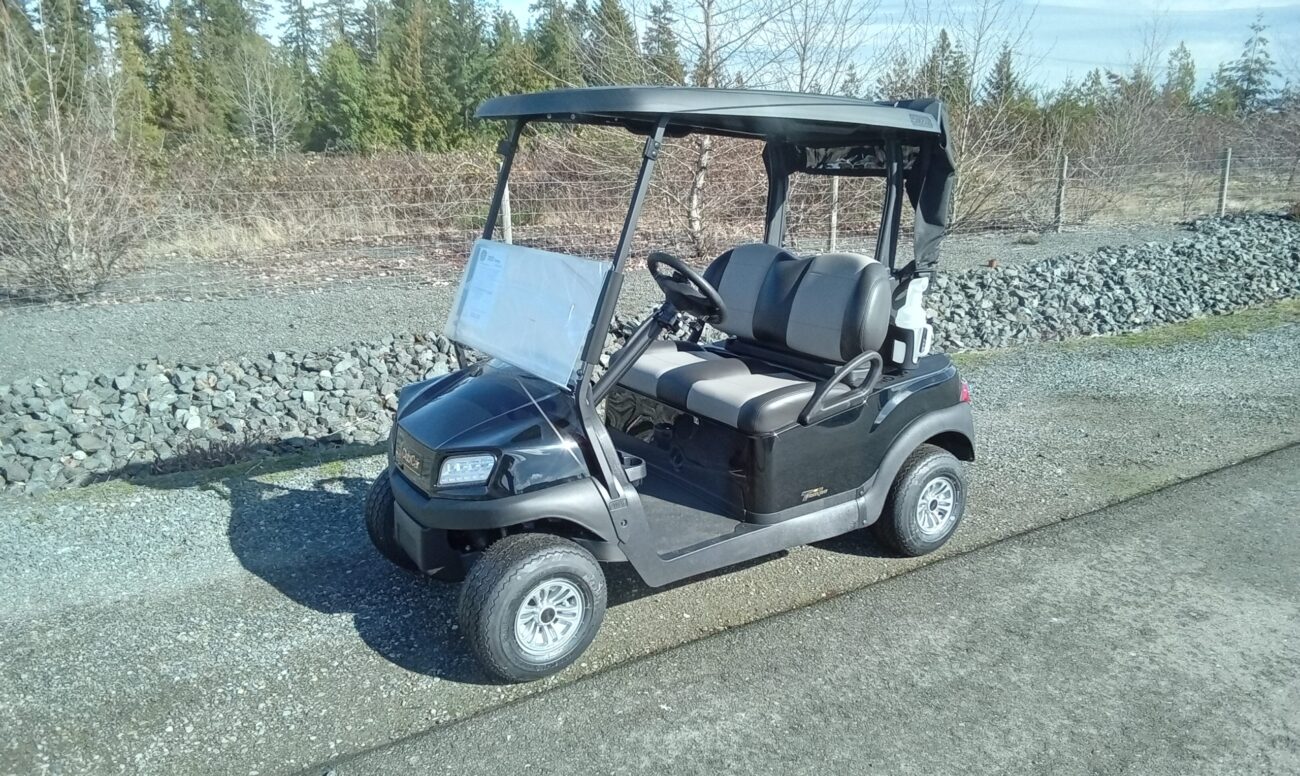
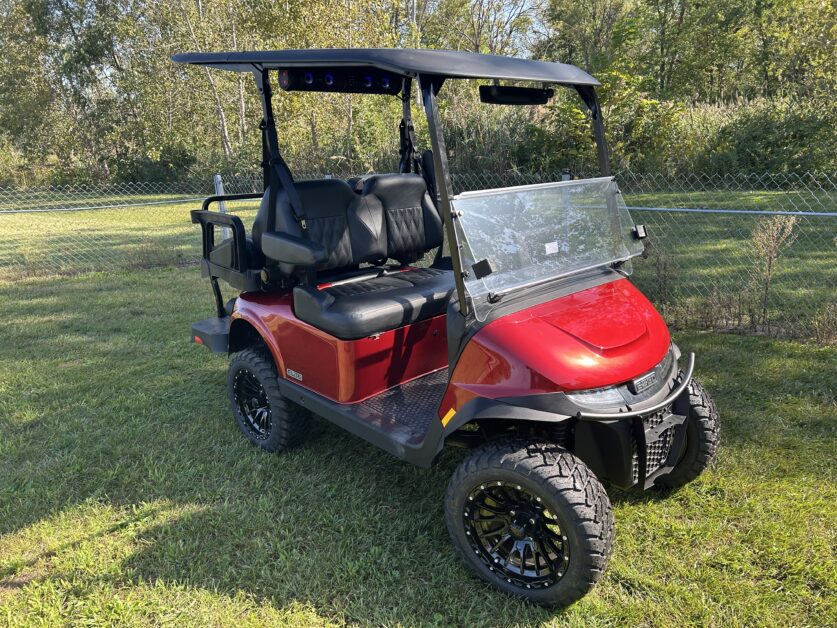
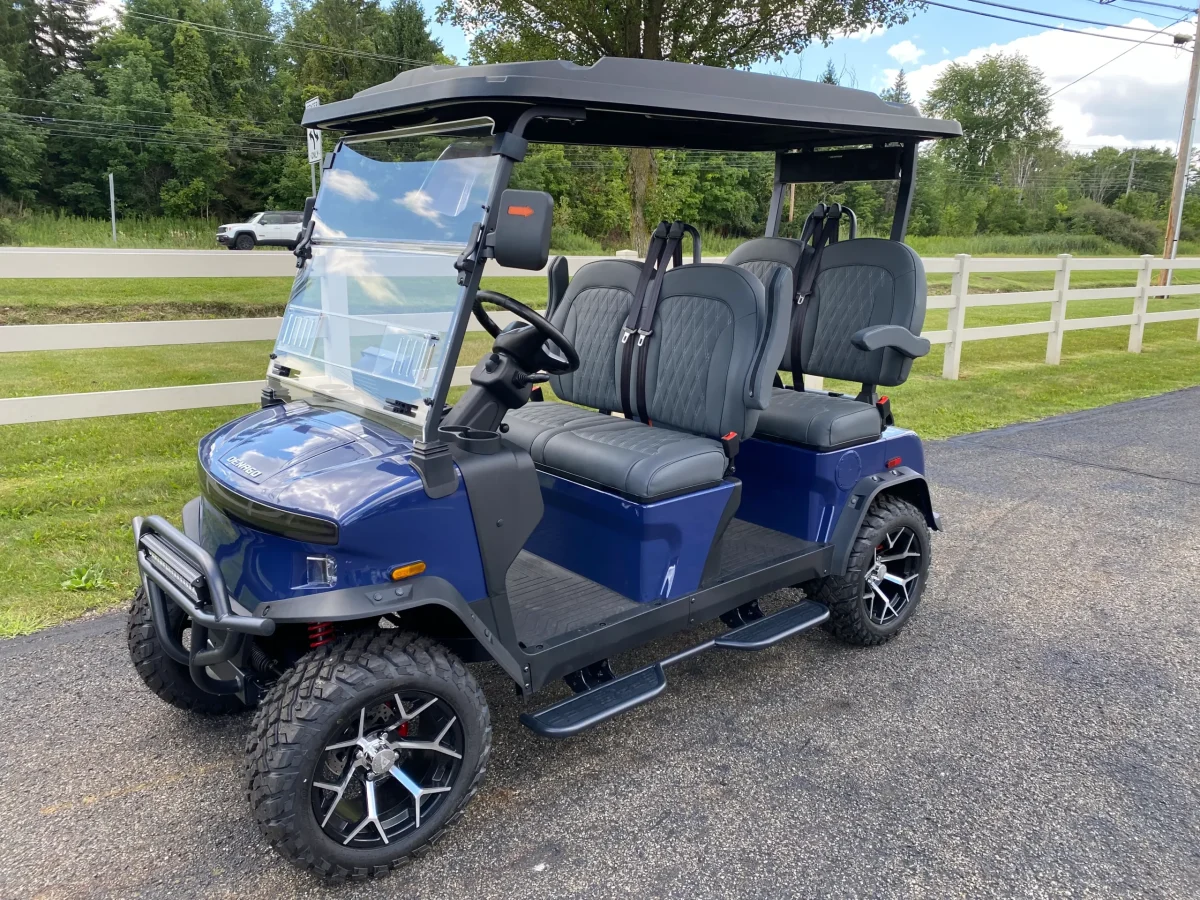
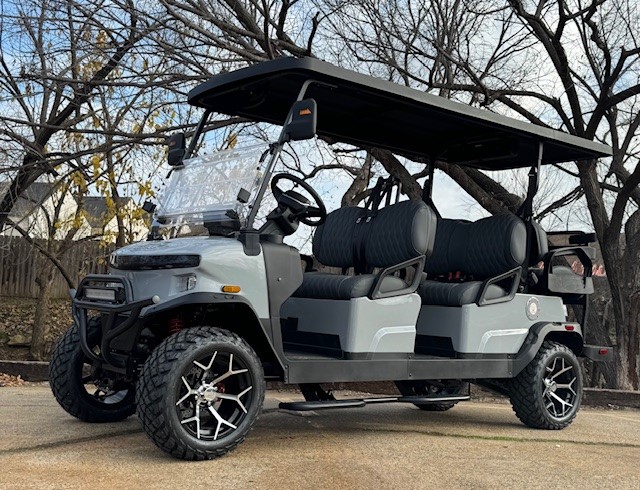
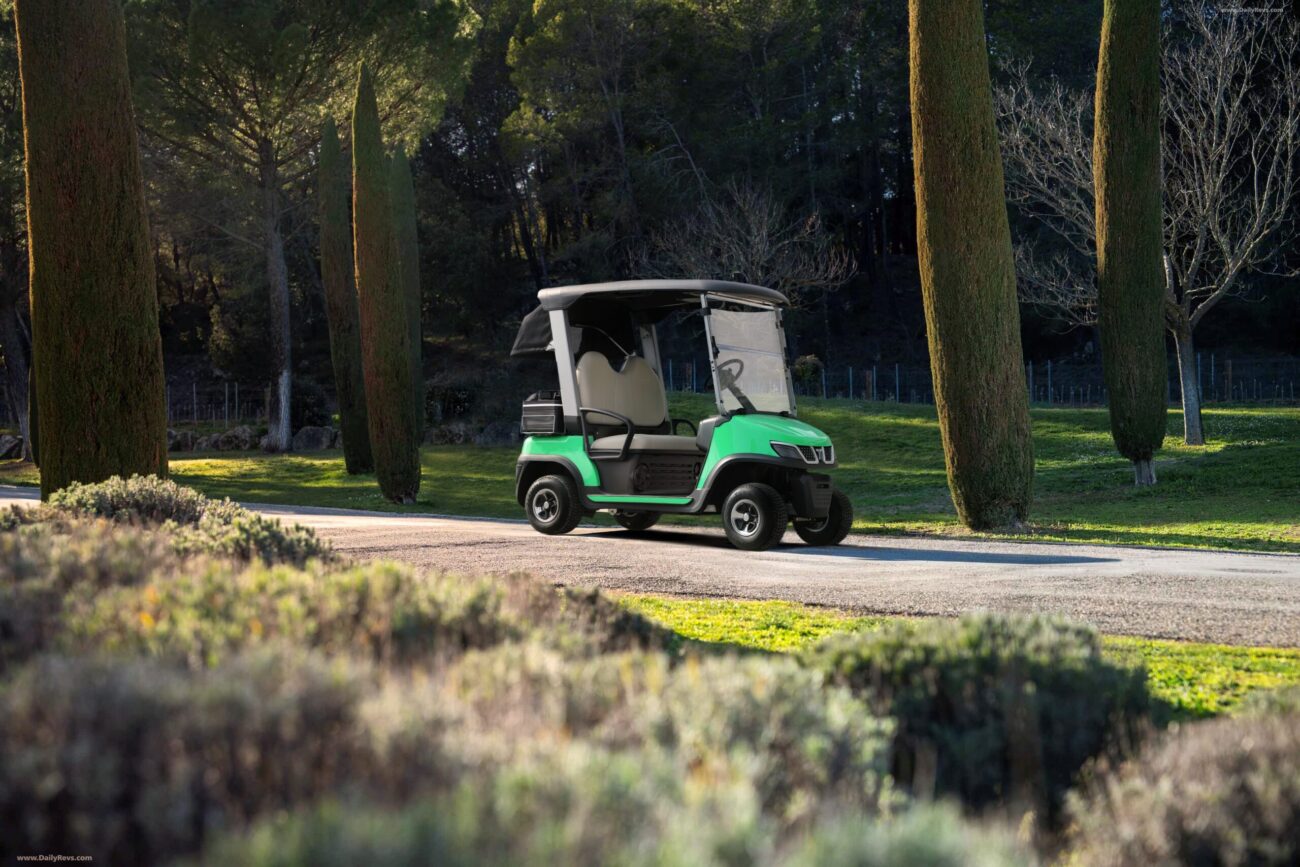
Add a review
Your email address will not be published. Required fields are marked *